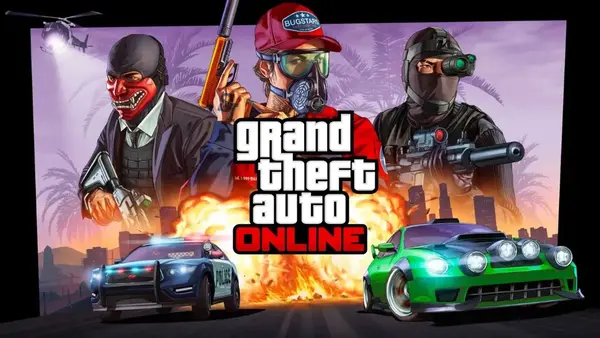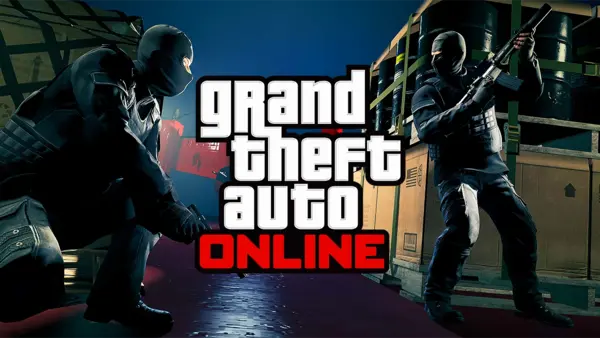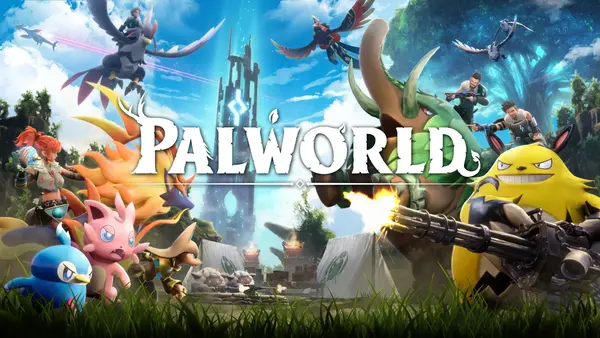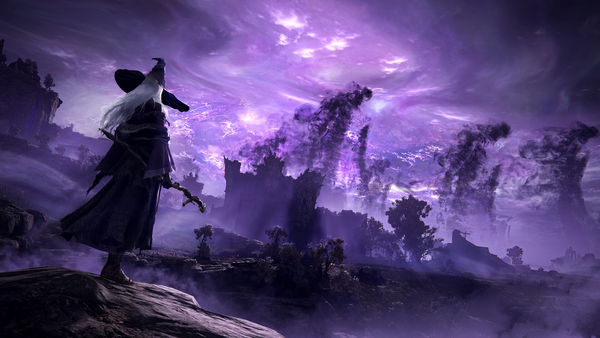
Grand Theft Auto V
All trademarks belong to their respective owners.
Advertisement
Popular Now
Introduction
Since its launch, GTA Online has been a cultural phenomenon, drawing millions of players into its sprawling, interactive world. However, one issue continues to divide the community: the game's economic imbalance. This problem revolves around the disparity between new players struggling to afford basic items and veteran players dominating with an abundance of in-game wealth. This article examines the roots of the issue, its consequences, and potential solutions to balance the economy for a better gameplay experience.
H2: The Origin of GTA Online’s Economic Model
H3: Rockstar’s Approach to Monetization
Rockstar Games introduced microtransactions through Shark Cards, allowing players to purchase in-game currency with real money. While this system was initially designed to complement gameplay, it inadvertently created a pay-to-win culture.H3: Inflation in the Virtual World
Over the years, GTA Online's economy has been hit by inflation, with the prices of vehicles, weapons, and properties skyrocketing. Early adopters benefited from reasonable pricing, but newcomers face overwhelming costs.H2: The Impact on New Players
H3: Barriers to Entry
New players often struggle to afford even basic equipment. Essential items like armored vehicles and high-end weaponry require significant grinding, making the game less enjoyable for beginners.H4: The Role of Inexperienced Players in the Economy
Many newcomers fall prey to scams or lose money through failed missions, worsening the economic divide.H2: Veteran Players and Economic Domination
H3: Wealth Accumulation Strategies
Veteran players dominate the economy through well-established businesses, heists, and missions, creating a massive wealth gap.H3: Power Imbalance in Player Interactions
Veterans often use their financial superiority to dominate public lobbies, leaving newer players at a disadvantage in competitive gameplay.H2: The Rise of Modding and Exploits
H3: Cheating the System
Some players resort to modding tools or exploits to acquire wealth illegally, further destabilizing the economy.H3: Rockstar’s Response to Exploits
Rockstar has implemented bans and patches, but many feel the measures are reactive rather than preventive, allowing exploits to persist.
H2: The Psychological Impact of Economic Disparity
H3: Frustration and Player Retention
Economic barriers often frustrate new players, leading to reduced retention rates. Long-time players, in contrast, grow bored of repetitive grinding.H4: Pay-to-Win Culture
The emphasis on microtransactions fosters a pay-to-win environment, alienating players who prefer skill-based progression.H2: Community Reactions and Feedback
H3: Divided Opinions on Shark Cards
While some players support Shark Cards as a shortcut to success, others criticize them for creating an uneven playing field.H4: Demands for Economic Reforms
The community often calls for price reductions, increased mission payouts, or alternative ways to earn in-game currency.H2: Rockstar’s Efforts to Address the Issue
H3: Limited-Time Bonuses
Rockstar periodically introduces bonuses, such as double payouts on missions and discounts on items, to alleviate the grind.H4: Introduction of New Content
Frequent updates bring new missions and heists, but these often require substantial investments, perpetuating the wealth gap.H2: Potential Solutions for a Balanced Economy
H3: Adjusting Prices and Payouts
Rockstar could reduce the cost of essential items and increase payouts for missions to make the game more accessible.H4: Rewarding Skill Over Spending
A shift toward skill-based rewards would encourage fairer competition and reduce reliance on microtransactions.H2: Learning from Other Games
H3: The Free-to-Play Economy Model
Games like Fortnite and Apex Legends emphasize cosmetic microtransactions, ensuring gameplay remains unaffected by spending.H3: Encouraging Cooperative Play
Collaborative mechanics from games like Destiny 2 could help new players integrate and thrive within the community.H2: The Future of GTA Online’s Economy
H3: Evolving Player Demographics
As GTA Online prepares for future updates, addressing the economy could enhance the experience for all players.H4: Anticipating GTA VI Online
With GTA VI on the horizon, Rockstar has an opportunity to learn from past mistakes and implement a more equitable economic model.















